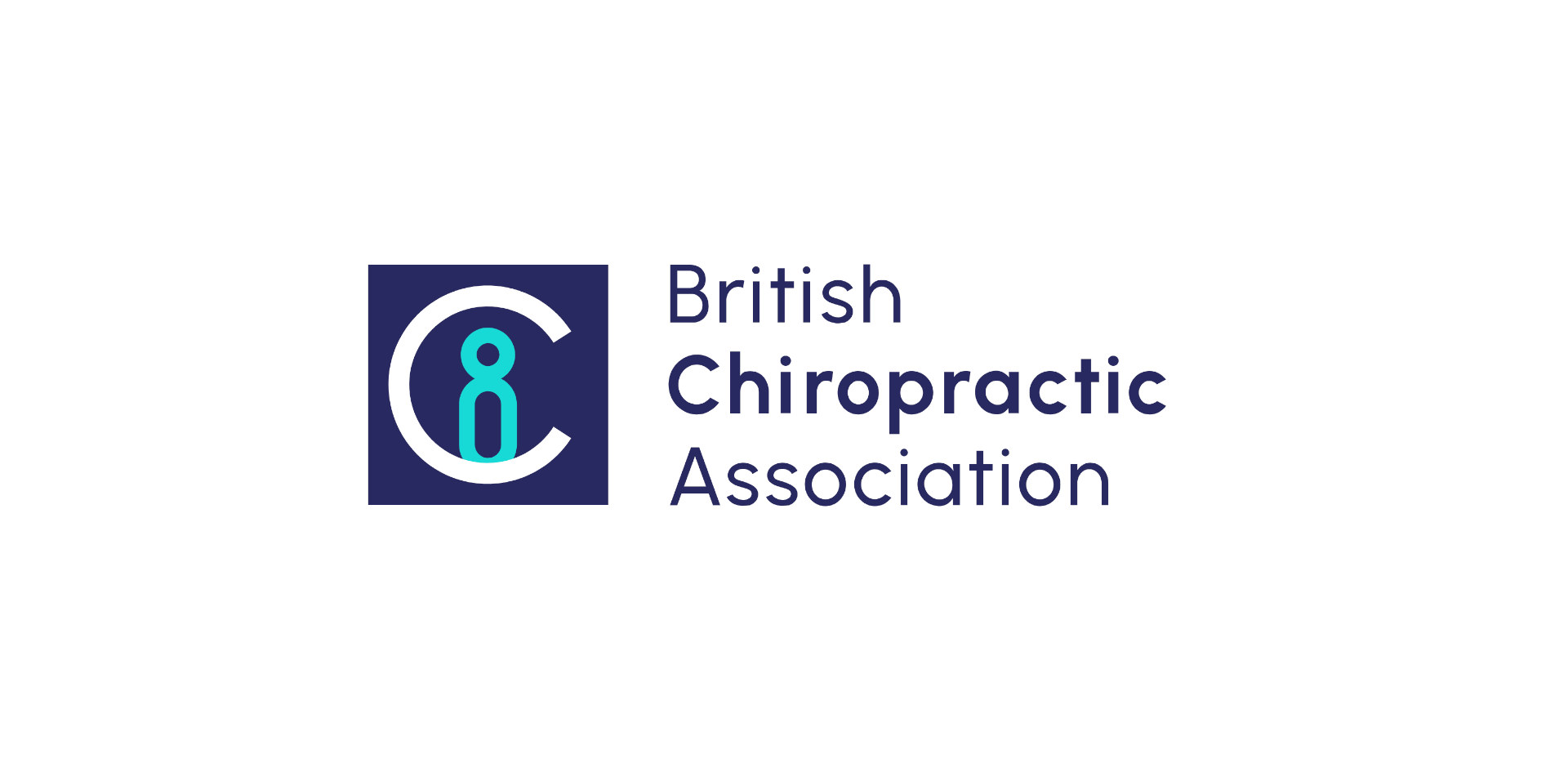Recruiting a new member of staff can be time-consuming and expensive, so it’s important to fully understand the steps needed when hiring a receptionist.
In this article, we dive into the process of searching for a receptionist, including key duties, skills and how to manage the recruitment process.
Receptionist duties
Working on the front desk means that receptionists are usually the first point of contact for visitors entering your business premises. From giving a friendly welcome to visitors, to answering queries and offering refreshments, they can influence the first impression of your company.
Receptionists also play a key role in internal operations, providing a vital administrative support function involving dealing with correspondences, managing appointments and answering incoming telephone calls.
Common daily receptionist tasks:







Do you really need a receptionist? Hiring a full-time receptionist might not be the best and most cost-effective route for your business.
Receptionist skills
Receptionists are the ultimate multi-taskers, as they ensure the smooth running of the business. From directing customers around the building to ensuring the stationery cupboard is fully stocked, a receptionist handles essential daily tasks.
In order to fulfil a wide range of responsibilities, candidates need to possess several key receptionist skills:





Every company has different requirements, so it pays to spend time outlining the exact skills and qualifications you need. Key factors may include the amount of visitors and calls, the specific administrative tasks and necessary technical knowledge. This approach can help when choosing the most suitable people.
Setting your budget
Consider the experience level you require, as this will determine the salary you will need to pay. There might also be a shortage of senior applicants available, but plenty of entry-level candidates. Would you be willing to stretch the salary for the right person?
Employing staff is an expensive business! Where are you going to advertise your position? Do you need to pay for online advertising or will you use a recruitment agency?
As well as the cost of the basic salary, you will need to factor in additional costs such as employer contributions into a pension scheme, employer contributions for National Insurance, annual increases in the minimum/living wage, sick pay, holiday pay, holiday pay accrued on parental leave etc. These can vastly increase the cost per head of employing a member of staff.
You also need to consider where the receptionist will sit – will they be working remotely from home, in which case you will need to decide how their training will happen and how their progress will be monitored. If they are to be office based, they will need desk space. Computers, mobile phones, licences for computer packages are all additional items to factor in when setting a budget.
Writing the job description
Having made a list of the skills and experience you require, you can then compile a receptionist job description to advertise the role. The first decision is to set the exact job title.
You might be seeking a junior receptionist to handle basic administrative tasks, or a receptionist manager overseeing a team of junior receptionists.
Depending on your industry, you might be looking for specialists such as a medical receptionist to greet patients and book appointments. Legal receptionists would be required to transfer calls to lawyers and be trusted with important paperwork. Meanwhile, hotel receptionists welcome guests, arrange bookings, organise rooms, answer calls and supply information to customers.
Here is a list of items you will need to include in your job description:





The job description can also help to shape your receptionist interview questions and the information that should be contained in receptionist cover letters.
Specify the essential skills you desire and those that are simply beneficial. For example, experience of a particular CRM system might be a bonus.
The Acas website has a range of job description templates available to download.
Advertising the position
There are many ways to advertise for a receptionist, starting with looking inside your company. Internal candidates might possess the necessary skills and experience for the role, and understand how the business works.
There are many benefits to hiring someone local to the office location. For example, they could attend emergency situations out of hours, or know local contacts such as councils and tradespeople. Place adverts on local social media pages and noticeboards.
Advertising on your own website can attract people who know the company and want to join the business. Using online job portals will gain maximum exposure by reaching people in a wider area.
When advertising the position online, consider adding keywords to improve the visibility of your job in search engine results. Popular search terms include receptionist, administrator, admin support and office assistant.
Finally, consider booking a stall for your company at a trade event or local business exhibition or jobs fair. These are a perfect way to meet prospective employees face to face, even before they have submitted an application.
The interview process
Once the job application deadline expires, the next step is to make a shortlist of up to six candidates to interview. The interview itself should cover set questions so you can assess and score the answers of each applicant.
For example, relevant questions when hiring a receptionist might include scenarios requiring multi-tasking, communication and problem-solving.
The interview is also an opportunity to set your expectations by outlining how you will judge success and performance. Detail the key performance indicators (KPIs), the performance review process and the need to be flexible to react to changing business needs.
The interview itself is also an important part of relationship building with the prospective employee. It allows you to assess each candidate’s career goals, personality and how they will fit with the current team members.
Be prepared for questions from the candidates about the role and your company. Compile details of training programmes, IT systems, the induction process and the firm’s culture and values.
Consider using a call-handling service
Hiring a receptionist might not be the ideal solution for your business. With the support of Best Reception, your business can have the capacity to handle extra incoming calls, without the need to employ a full-time member of staff.
Choose one of our call-handling packages and UK-based receptionists will allow you to get on with your day-to-day business. We have designed a range of services offering an affordable option for all businesses.
Our purpose is to provide an honest and transparent service, so our customers don’t need to worry about facing surcharges and confusing small print.
If you buy a Best Reception telephone answering package, a virtual number will be included FREE of charge. Your incoming calls will be diverted to a UK landline or mobile number of your choice.
Don’t forget, when you use a virtual phone number from Best Reception your callers will not be charged.





